
Rae’s Story (GI Brides Shorts, Book 4)
¥9.71
This is Rae’s story, one of four true stories from the book GI Brides. ‘Hey, baby, how about you and me get out of here?’ the GI asked Rae. But even if he had been Clark Gable, she wouldn’t have given him a second look. He was a Yank, and therefore not to be trusted. After being bombed out of her home in North London, tomboy Rae joins the ATS and is sent to work welding tanks near Nottingham. Despite her dislike of ‘Yanks’, a GI called Raymond wears down her resistance and she agrees to marry him. After the war, she reluctantly follows him to rural Pennsylvania, where she soon discovers his dark secret. Rae’s story is extracted from GI Brides, written by the bestselling authors of The Sugar Girls. It tells the true stories of four of the 70,000 British women who crossed the Atlantic for love after the Second World War.

The Irish Are Coming
¥80.25
In the sequel to his bestselling JFK in Ireland, the Emerald Isle’s favourite son delves into his country’s past to celebrate the Irish people who through their skills and endeavours helped make the British Isles great. In ‘The Irish Are Coming’ Ryan Tubridy takes a journey into Ireland’s past to unearth the many amazing, and altogether fascinating, contributions the Irish have made to everyday British life; whether it be making us laugh (Graham Norton), thrilling us with their acting (Peter O’Toole), or dazzling us with their audacious adventuring (Earnest Shackleton). Just as Stuart Maconie has celebrated in his own unique way all that is great about his North of England roots, so Ryan Tubridy makes a passionate case for the magnificent contribution Ireland has made to its nearest neighbour.
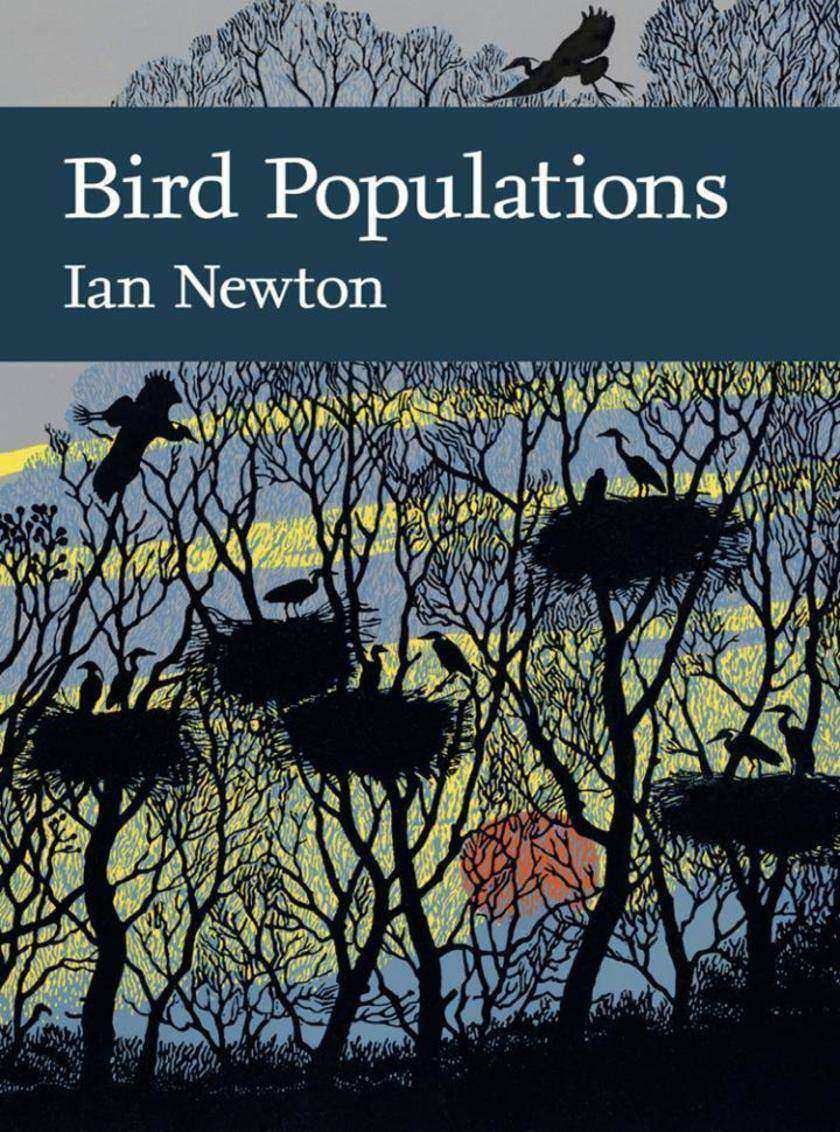
Bird Populations (Collins New Naturalist Library, Book 124)
¥229.16
Earlier naturalists formed the impression that bird numbers remained more or less stable through time. In the years since these words were written, however, changes have occurred in the landscapes of the British Isles and in the seas around our coasts, causing bird populations to fluctuate in an unprecedented way. In Ian Newton’s latest New Naturalist volume, he explores bird populations and why their numbers vary in the way they do, from year to year or from place to place. He addresses the various factors that we know limit bird numbers – food supplies and other resources, competitors, predators, parasites and pathogens, and various human impacts. The combination of a rapidly expanding human population, a predominantly utilitarian attitude to land, central government policy on land use, and increasing mechanisation have combined to promote more massive changes in land use – and hence in bird habitats – in recent decades than at any comparable period previously. These developments have in turn brought huge changes in bird populations, as some species dependent on the old landscapes declined, and others benefiting from the changes increased. Over the same period, changing public attitudes to wildlife, protective legislation and a growing network of nature reserves allowed previously scarce bird species to recover from past onslaughts, while climate warming has promoted further changes. In this seminal new work, Ian Newton sets out to explain why different bird species are distributed in the numbers that they are, and have changed over the years in the way that they have. He emphasises the factors that influence bird numbers, rather than the numbers themselves, thus providing a much-needed overview which is necessary if we are to successfully manage bird populations, whether for conservation reasons, for sustainable hunting or for crop protection. The continued monitoring of bird numbers can also alert us to impending environmental problems. In addition, the regular watching and study of birds now provides a source of recreation and pleasure for very large numbers of people, who would find a world with fewer birds a poorer place.
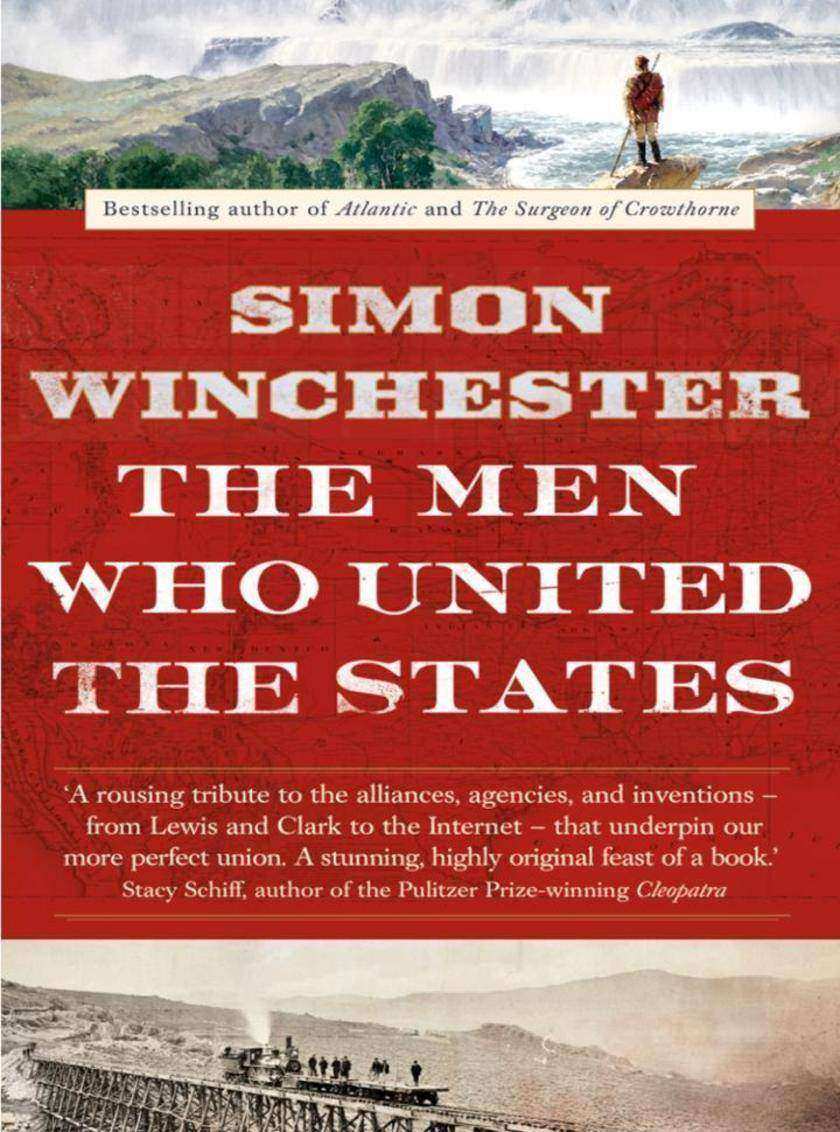
The Men Who United the States
¥73.58
From bestselling author Simon Winchester, the extraordinary story of how America was united into a single nation. For more than two centuries, E pluribus unum – out of many, one – has been featured on America’s official government seals and stamped on its currency. But how did America become ‘one nation, indivisible’? In this monumental history, Simon Winchester addresses this question, introducing the fearless trailblazers whose achievements forged and unified America. Winchester follows in the footsteps of America’s most essential explorers, thinkers, and innovators. He treks vast swaths of territory, introducing these fascinating pioneers – some, such as Washington and Jefferson, Lewis and Clark being familiar, some forgotten, some hardly known – who played a pivotal role in creating today’s United States. Throughout, he ponders whether the historic work of uniting the States has succeeded, and to what degree. ‘The Men Who United the States’ is a fresh, lively, and erudite look at the way in which the most powerful nation on earth came together, from one of our most entertaining, probing, and insightful observers.
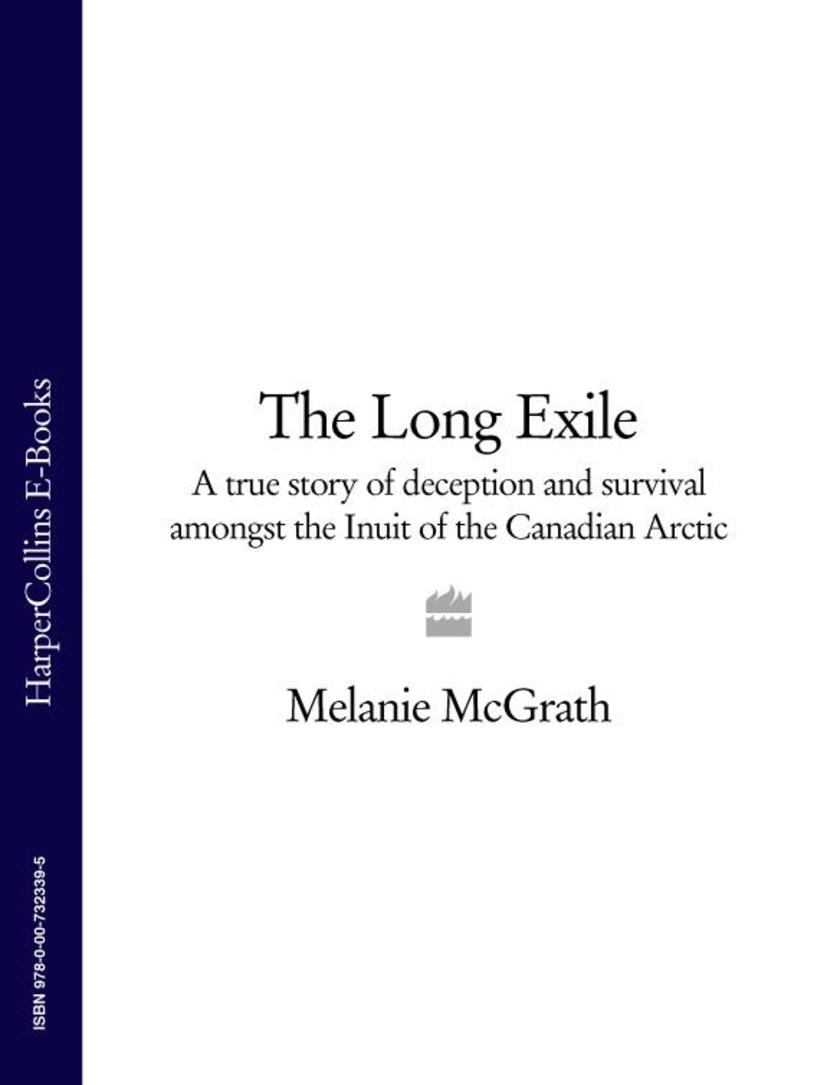
The Long Exile
¥72.30
A chilling true story of deception and survival set amidst the Inuit communities of the Canadian Arctic. In 1922 the Irish-American explorer Robert Flaherty made a film called ‘Nanook of the North’ which captured the world's imagination. Soon afterwards, he quit the Arctic for good, leaving behind his bastard son, Joseph, to grow up Eskimo. Thirty years later a young, inexperienced policeman, Ross Gibson, was asked by the Canadian government to draw up a list of Inuit who were to be resettled in the uninhabited polar Arctic and left to fend as best they could. Joseph Flaherty and his family were on that list. They were told they were going to an Arctic Eden of spring flowers and polar bears. But it didn't turn out that way, and this, Joseph Flaherty's story, tells how it did.

The Great British Tuck Shop
¥91.23
The ultimate book of sweetie nostalgia! AS SEEN ON THIS MORNING A colourful, witty and irreverent encyclopedia of all the sweets and crisps of your youth. From Mojos to Rainbow Drops, Space Raiders to Trios, Corona to Kia Ora and everything in between. Fully illustrated with hundreds of wrappers, ads and specially recreated packshots this book will lead you down memory lane until you reach the corner shop, load up a 10p mix up bag and rot your teeth on the contents. The authors have been given access to the archives, factories and warehouses of some of the leading sweet and snack manufacturers in the country and have delivered a book that is packed full of fascinating historical research… … and lots and lots of sweets. WITH A FOREWORD BY JONATHAN ROSS.
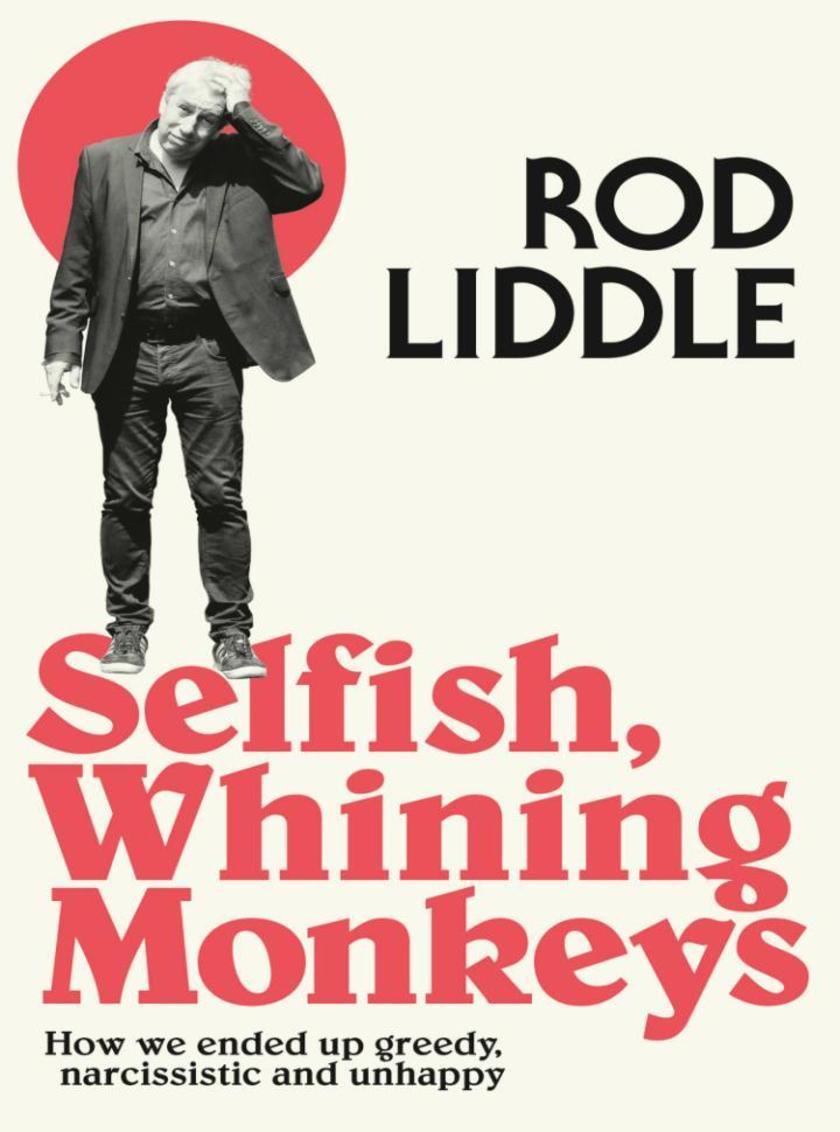
Selfish Whining Monkeys: How we Ended Up Greedy, Narcissistic and Unhappy
¥66.22
With a sharp eye for the magnificently absurd, Rod Liddle sets light to modern-day Britain. ‘One of Britain’s funniest, most daring columnists. If he weren’t so offensive you’d almost call him a national treasure’ Mail on Sunday ‘I, and my generation, seem feckless and irresponsible, endlessly selfish, whining, avaricious, self-deluding, self-obsessed, spoiled and corrupt and ill.’ What is it that has transformed the British who in living memory were admired for their unassuming, stiff-upper-lipped capacity for `muddling through' into the feckless, obese, self-deluding, avaricious and self-obsessed whingers we have become? Savagely funny and relentlessly contrary, yet with a poignant sense of all that we have lost, Rod Liddle mercilessly exposes the absurdity, cant and humbuggery of the way we live now.

Whatever it Takes: The Real Story of Gordon Brown and New Labour
¥80.25
At the beginning of the financial crisis, in September 2008, Gordon Brown called an emergency press conference in which he declared, 'we will do whatever it takes to restore stability in the financial markets'. He was to repeated the phrase ‘whatever it takes’ constantly in the following weeks. As Shadow Chancellor Brown would do whatever it took to restore Labour's economic credibility. As leader-in-waiting he would do whatever it took to acquire the crown. As Prime Minister he would do whatever it took to buttress his enfeebled regime, going as far instigating a rapprochement with Peter Mandelson, a figure he had come to despise. Determined, wilful, multi-layered in his complexity, Brown would always do whatever it took to survive. New Labour, as a political force, rootless and defensive in its origins, would similarly do whatever it took to retain support in what its founders regarded as a conservative country. Written by one of the most influential political commentators in the UK, the Independent's chief political commentator, Steve Richards, this political expose examines Gordon Brown's wildly oscillating career and the ruthless and sometimes shallow pragmatism displayed by New Labour as a whole.

The Blitz: The British Under Attack
¥72.40
In a series of powerful accounts drawn from diaries, letters, sound archives and interviews recorded during the period of devastation, discovery and transformation that make the blitz such an outstanding event in Britain's recent past, "The Blitz" brings to life the intense experiences, as they happened all over Britain. The blitz proved to be a highly effective laboratory constructed out of necessity, and intense forcing house for change. Yet, compared to other great events of the Second World War – Dunkirk, D – Day, and even VE Day, the Blitz remains curiously unexamined. A type of cleansing resulted from it. It soon became evident that many of the attitudes in society were outdated. The most obvious inequalities between British society also became clear, and yet with everyone sharing the same devastation, these differences slowly began to lose their importance. As well as a social laboratory, the Blitz was a medical one too. Overworked doctors and scientists were forced to experiment and improvise. It was during the Blitz that the embryonic blood transfusion service grew to become a nation-wide institution. Psychoanalysis took on a new meaning too: the enemy was now external, someone different from "us". It gave coherence to artists and writers at the time such as Cecil Beaton. The Blitz is arranged as a series of chronological chapters, each focusing on an aspect of key importance. The perspective will primarily be that of those who had actual experience of those tumultuous months, when no one knew when or if the bombings would stop. Above all, it will be recounted in the words of the many "ordinary people" across Britain who were caught up in the Blitz, their stories, entries that are taken from the journals that they kept during this difficult time and also interviews with those who are still alive today.
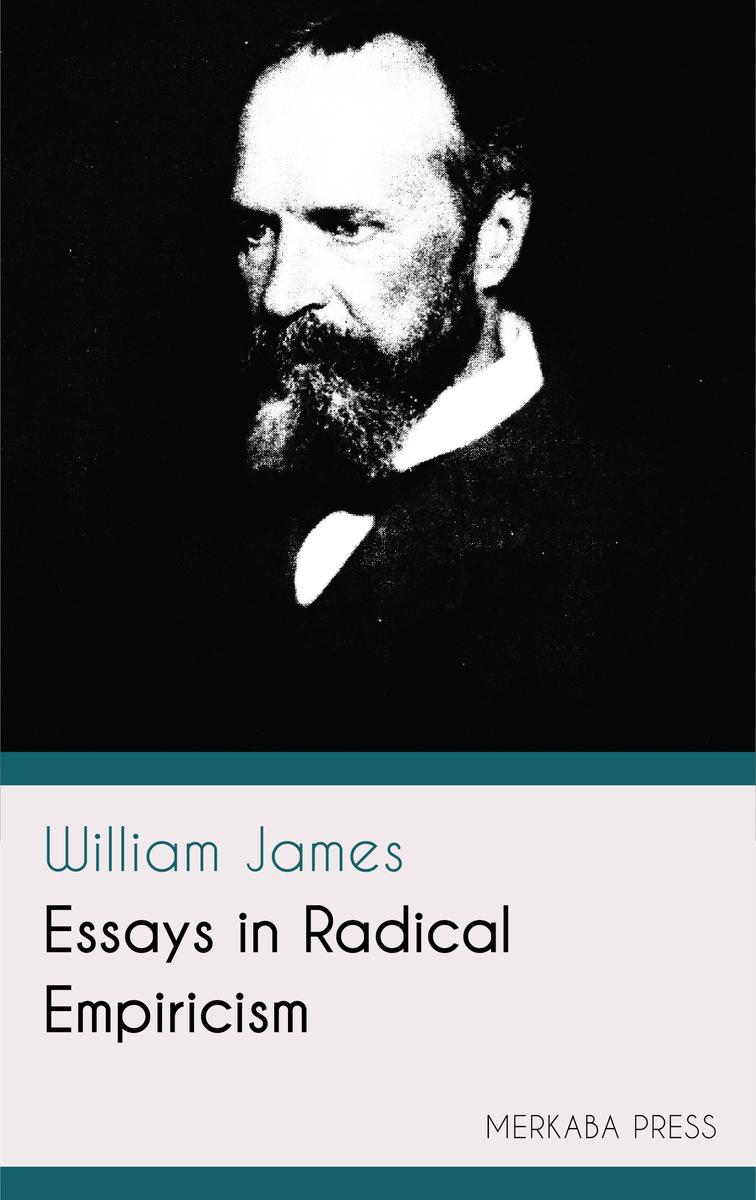
Essays in Radical Empiricism
¥8.09
Essays in Radical Empiricism
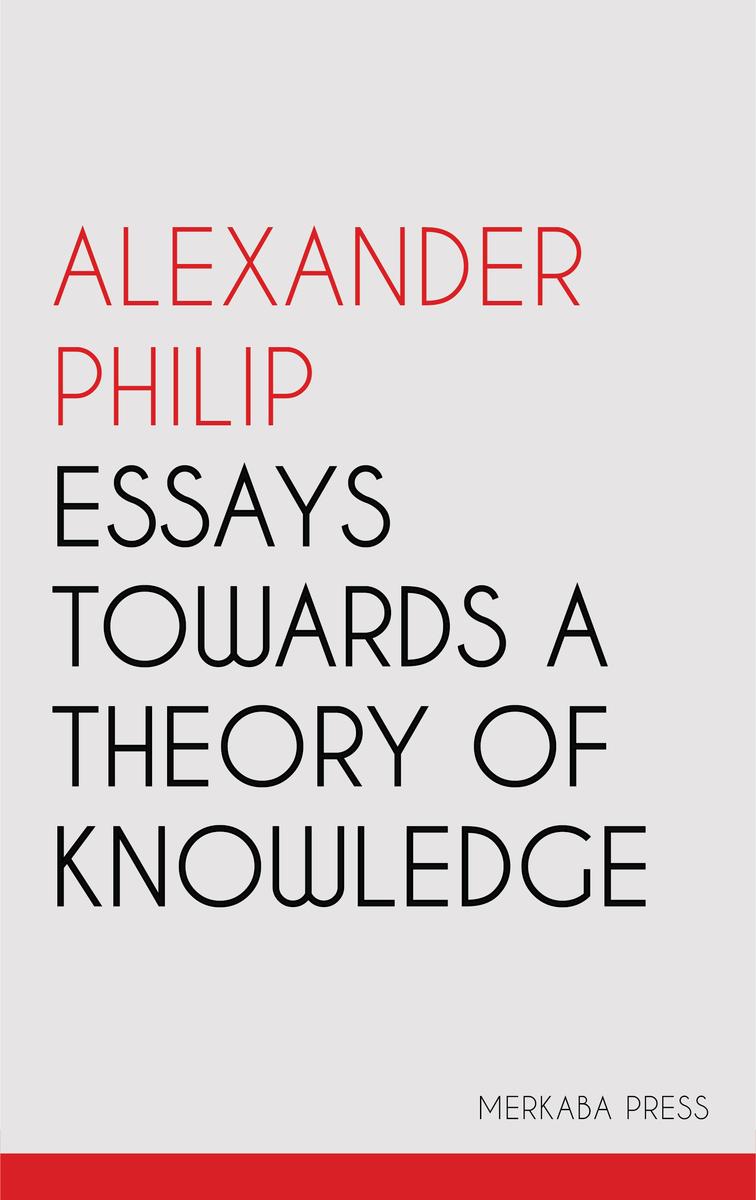
Essays Towards a Theory of Knowledge
¥8.09
Essays Towards a Theory of Knowledge

The Glory of the Trenches
¥8.09
In 1914, Coningsby Dawson went to Ottawa, saw Sir Sam Hughes, and was offered a commission in the Canadian Field Artillery on the completion of his training at the Royal Military College of Canada, at Kingston, Ontario. "His long training at Kingston had been very severe. It included besides the various classes which he attended a great deal of hard exercise, long rides or foot marches over frozen roads before breakfast, and so forth."

Delphi Complete Works of Mary Wollstonecraft (Illustrated)
¥24.44
English writer, philosopher and pioneering advocate of women's rights, Mary Wollstonecraft wrote novels, treatises, a travel narrative, a history of the French Revolution and a children's book. In her landmark feminist text, A Vindication of the Rights of Woman (1792), Wollstonecraft argued that women are not naturally inferior to men, but appeared to be only because they lacked education. She called for men and women to be treated equally, paving the way for the emergence of the feminist movement at the turn of the twentieth century. This comprehensive eBook presents Wollstonecraft’s complete fictional works, with numerous illustrations, rare texts, informative introductions and the usual Delphi bonus material. (Version 1) * Beautifully illustrated with images relating to Wollstonecraft’s life and works* Concise introductions to the novels and other texts* All the novels, with individual contents tables* Images of how the books were first published, giving your eReader a taste of the original texts* Excellent formatting of the texts* Includes Wollstonecraft’s complete pamphlets* ‘A Vindication of the Rights of Man’ in presented with an appendix of Burke’s ‘Reflections on the Revolution in France’* Includes Wollstonecraft’s posthumously published Works* Features three biographies, including the author’s husband’s controversial memoir - discover Wollstonecraft’s personal and literary life* Scholarly ordering of texts into chronological order and literary genres Please visit www.delphiclassics.com to browse through our range of exciting titles CONTENTS: The FictionMARY: A FICTIONMARIA; OR, THE WRONGS OF WOMANTHE CAVE OF FANCY The Children’s BookORIGINAL STORIES FROM REAL LIFE The Non-FictionTHOUGHTS ON THE EDUCATION OF DAUGHTERSA VINDICATION OF THE RIGHTS OF MENA VINDICATION OF THE RIGHTS OF WOMANAN HISTORICAL AND MORAL VIEW OF THE FRENCH REVOLUTION; AND THE EFFECT IT HAS PRODUCED IN EUROPELETTERS WRITTEN DURING A SHORT RESIDENCE IN SWEDEN, NORWAY, AND DENMARKON POETRY, AND OUR RELISH FOR THE BEAUTIES OF NATURELETTER ON THE PRESENT CHARACTER OF THE FRENCH NATIONFRAGMENT OF LETTERS ON THE MANAGEMENT OF INFANTSLETTERS TO MR. JOHNSON, BOOKSELLER, IN ST. PAUL’S CHURCH-YARDLESSONSHINTSLETTERS The BiographiesMEMOIRS OF THE AUTHOR OF A VINDICATION OF THE RIGHTS OF WOMAN by William GodwinMARY WOLLSTONECRAFT by Elizabeth Robins PennellA BRIEF SKETCH OF THE LIFE OF MARY WOLLSTONECRAFT Please visit www.delphiclassics.com to browse through our range of exciting titles or to purchase this eBook as a Parts Edition of individual eBooks

Vandover and the Brute
¥8.09
Classic novel. According to Wikipedia: "Benjamin Franklin Norris, Jr. (March 5, 1870 – October 25, 1902) was an American novelist, during the Progressive Era, writing predominantly in the naturalist genre. His notable works include McTeague (1899), The Octopus: A California Story (1901), and The Pit (1903). Although he did not openly support socialism as a political system, his work nevertheless evinces a socialist mentality and influenced socialist/progressive writers such as Upton Sinclair. Like many of his contemporaries, he was profoundly influenced by the advent of Darwinism, and Thomas Henry Huxley's philosophical defense of it. Norris was particularly influenced by an optimistic strand of Darwinist philosophy taught by Joseph LeConte, whom Norris studied under while at the University of California, Berkeley. Through many of his novels, notably McTeague, runs a preoccupation with the notion of the civilized man overcoming the inner "brute," his animalistic tendencies. His peculiar, and often confused, brand of Social Darwinism also bears the influence of the early criminologist Cesare Lombroso and the French naturalist Emile Zola."

He That Is Spiritual
¥8.09
According to Wikipedia: "Lewis Sperry Chafer (February 27, 1871 – August 22, 1952) was the founder and first president of Dallas Theological Seminary, and an influential founding member of modern Christian Dispensationalism.
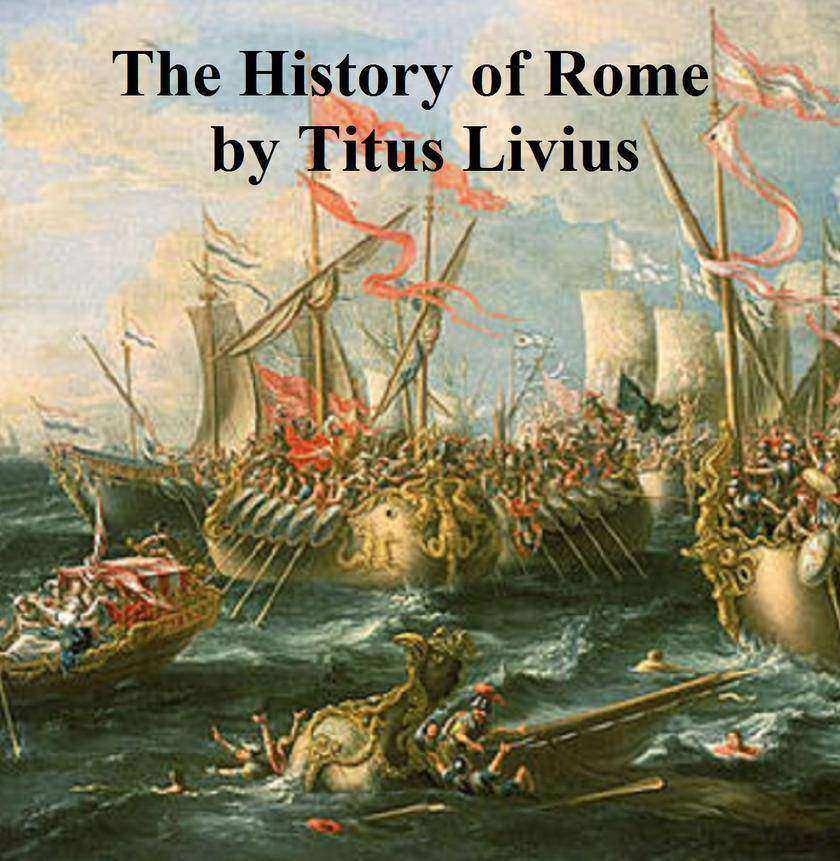
The History of Rome
¥8.09
Literally translated, first published in 1853. According to Wikipedia: "Livy's work met with instant acclaim. His books were published in sets of ten, although when entirely completed, his whole work was available for sale in its entirety. His highly literary approach to his historical writing renders his works very entertaining, and they remained constantly popular from his own day, through the Middle Ages, and into the modern world. Dante speaks highly of him in his poetry, and Francis I of France commissioned extensive artwork treating Livian themes. That he was chosen by Rome's first emperor to be the private tutor to his successor indicates Livy's renown as a great writer and sage. As topics from his history appear to have been used for writing topics in Roman schools, it is more than likely that his works, or sections, were used as textbooks... He can be looked upon as the prose counterpart of Vergil in Golden Age Latin literature."

Eccentric Preachers
¥8.09
Profiles of Protestant preachers by a 19th century English Baptist, known as "the Prince of Preachers". Chapters include: 1. What is Eccentricity? 2. Who have been called Eccentric? 3. Causes of Eccentricity 4. Hugh Latimer 5. Hugh Peters 6. Daniel Burgess 7. John Berridge 8. Rowland Hill 9. Matthew Wilks 10. William Dawson 11. Jacob Gruber 12. Edward Taylor 13. Edward Brooke 14. Billy Bray. According to Wikipedia: "Charles Haddon Spurgeon, commonly C.H. Spurgeon, ( 1834 – 1892) was a British Reformed Baptist preacher who remains highly influential among Christians of different denominations, among whom he is still known as the "Prince of Preachers." He also founded the charity organization now known as Spurgeon's, that works worldwide with families and children, as well as a famous theological college which after his death was called after him: Spurgeon's College. Spurgeon was a prolific author of many types of works including sermons, an autobiography, a commentary, books on prayer, a devotional, a magazine, and more. Many sermons were transcribed as he spoke and were translated into many languages during his lifetime. Arguably, no other author, Christian or otherwise, has more material in print than C.H. Spurgeon."

History of the Revolt in the Netherlands
¥8.09
The prequel to the American Revolution. This struggle for political and religious freedom inspired America's Founding Fathers. Schiller tells the tale with a novelist's insight into character. According to Wikipedia: "Johann Christoph Friedrich von Schiller (1759 – 1805) was a German poet, philosopher, historian, and dramatist. During the last few years of his life (1788–1805), Schiller struck up a productive, if complicated, friendship with already famous and influential Johann Wolfgang Goethe, with whom he greatly discussed issues concerning aesthetics, encouraging Goethe to finish works he left merely as sketches; this thereby gave way to a period now referred to as Weimar Classicism."

Bhagavadgita with the Sanatsugatiya and the Anugita
¥8.09
According to Wikipedia: "The Bhagavad Gita ... is a 700-verse Hindu scripture that is part of the ancient Sanskrit epic Mahabharata... The Sānatsujātiya refers to a portion of the Mahābhārata, a Hindu epic. It appears in the Udyoga Parva (book), and is composed of five chapters... The Anugita is part of the Asvamedhikaparva a book of the Sanskrit epic Mahabharata. It contains Krishna's conversation with Arjuna when Krishna decided to return to Dwaraka after restoring to the Pandavas, their kingdom. The main topics discussed are transmigration of souls, means of attaining liberation, description of gunas and ashramas, dharma, and the effects of tapas or austerity."

Dhammapada
¥8.09
According to Wikipedia: "The Dhammapada is a versified Buddhist scripture traditionally ascribed to the Buddha himself. It is one of the best-known texts from the Theravada canon. The title, Dhammapada, is a compound term composed of dhamma and pada, each word having a number of denotations and connotations. Generally, dhamma can refer to the Buddha's "doctrine" or an "eternal truth" or "righteousness" or all "phenomena"; and, at its root, pada means "foot" and thus by extension, especially in this context, means either "path" or "verse" (cf. "prosodic foot") or both."
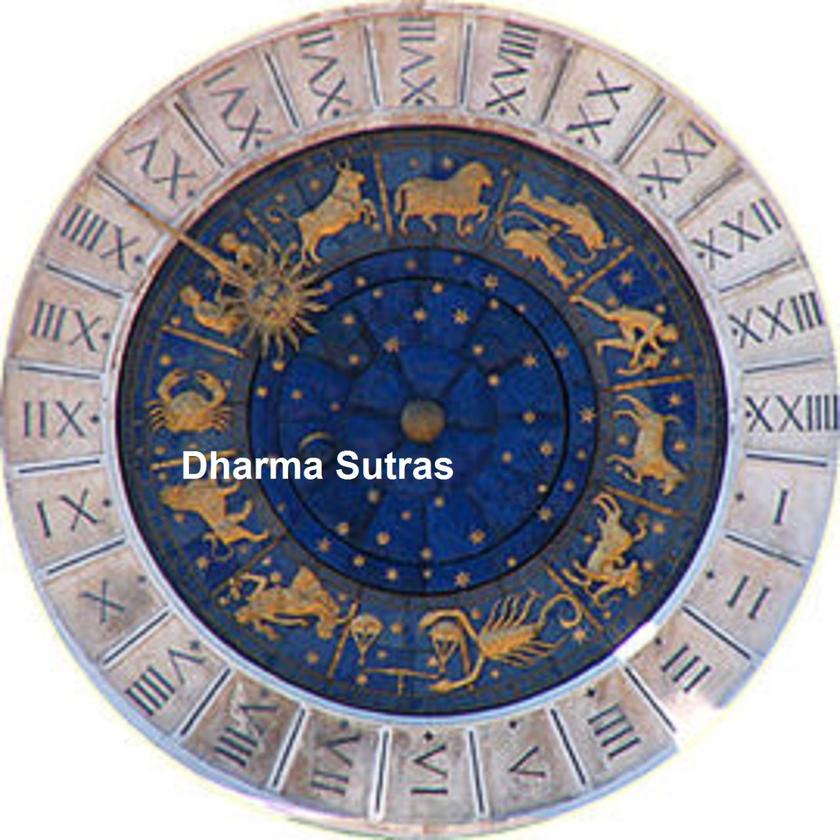
Dharma Sutras
¥8.09
According to Wikipedia: "The Dharmasutras are Sanskrit texts dealing with custom, rituals and law. They include the four surviving written works of the ancient Indian tradition on the subject of dharma, or the rules of behavior recognized by a community. Unlike the later Dharmashastra, the dharmasutras are composed in prose. The oldest Dharmasutra is generally believed to have been that of Apastamba, followed by the dharmasutras of Gautama, Baudhayana, and an early version of Vasishtha. It is difficult to determine exact dates for these texts, but the dates between 500–300 BCE have been suggested for the oldest Dharmasutras."




 购物车
购物车 个人中心
个人中心



